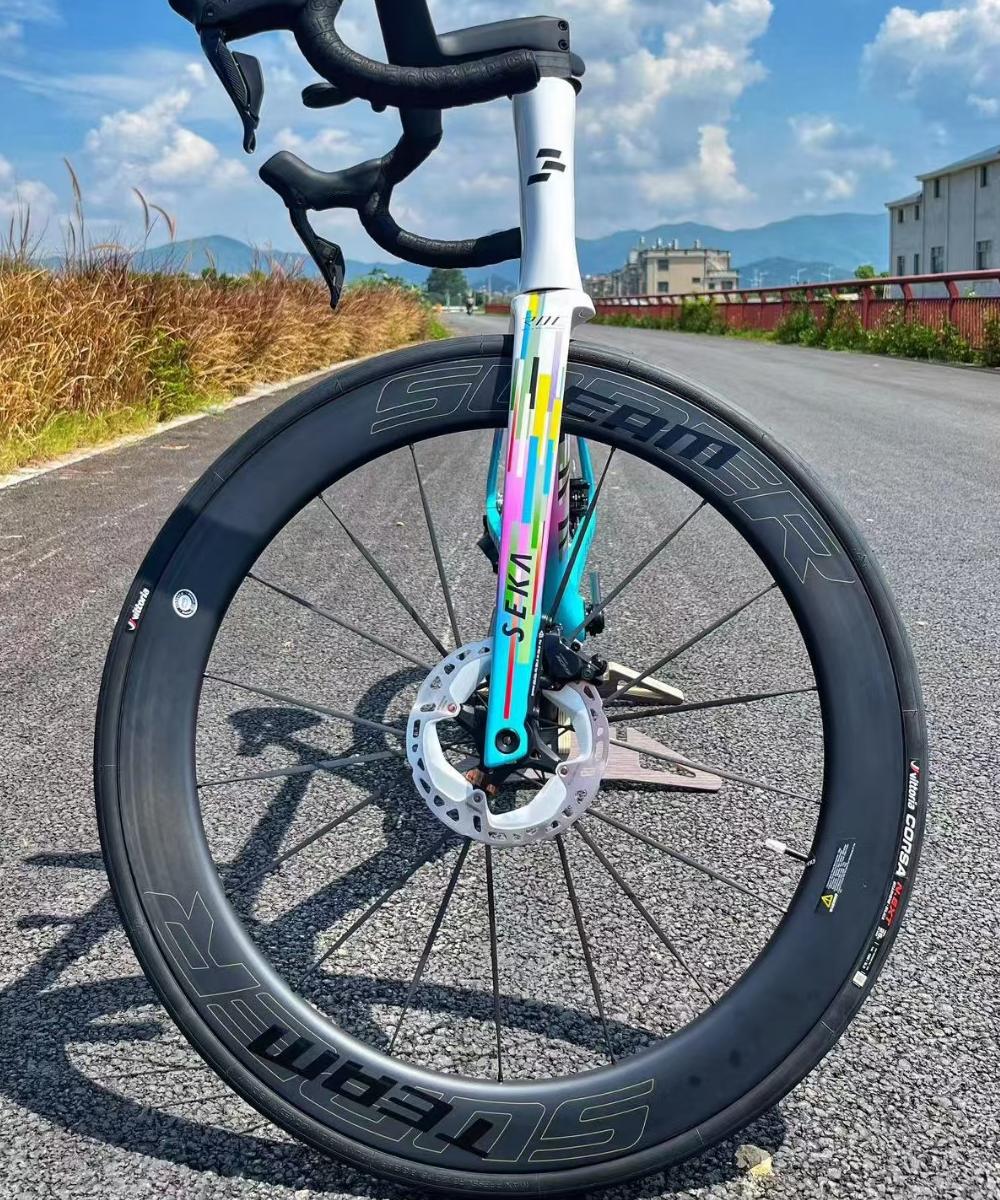Do Different Freehub Greases Affect Performance?
Introduction: Does Grease Really Matter?
When it comes to your bike's freehub, most riders focus on engagement points, noise, or weight. But one often-overlooked detail—the type of grease you use—can significantly impact your hub’s responsiveness, drag, durability, and even sound.
So, do different freehub greases actually affect performance? The short answer is yes, and understanding how will help you fine-tune your ride, whether you're racing, commuting, or adventuring off-road.
What Does Freehub Grease Do?
The freehub is a mechanism that allows your bike to coast when you’re not pedaling, and engage instantly when you start pedaling again. Inside the freehub, components like ratchets, pawls, or sprags rely on lubrication to:
Minimize friction and wear
Prevent corrosion
Control engagement feel and response
Maintain consistent performance in various temperatures
The grease you choose affects how these internal parts interact—and how they sound and perform on the road or trail.
Types of Freehub Grease (and Oils)
Not all lubricants are the same. Here’s a breakdown of the most common types used in freehubs:
|
Lubricant Type |
Viscosity |
Performance Impact |
Use Case |
|
Thick grease |
High |
Quiet operation, more drag |
Endurance, winter riding |
|
Light grease |
Medium |
Balanced drag and protection |
All-around riding |
|
Freehub-specific oil |
Low |
Fast engagement, louder sound, less drag |
Racing, warm/dry conditions |
|
Ceramic-compatible grease |
Medium |
Low friction, high durability |
High-end hubs, precision tuning |
How Grease Affects Freehub Performance
1. Engagement Speed
Thinner lubricants (like oils or lightweight grease) allow faster pawl movement, leading to quicker engagement. Heavier greases may slow down engagement, especially in cold weather when viscosity increases.
Best for racers: Light grease or oil
Best for commuters: Medium or thick grease for reliability
2. Freehub Noise
The viscosity of your lubricant directly influences the volume and tone of the freehub "buzz."
Thicker grease = quieter operation
Thinner oil = louder, crisper clicks
Some riders prefer loud hubs for safety (audible presence), while others value silence on long endurance rides.
3. Drag and Efficiency
Freehub drag becomes more noticeable during high-speed coasting or long descents. Heavier grease increases drag slightly, which could be meaningful in time trials or races. Conversely, thin oils reduce drag but require more frequent maintenance.
4. Temperature Sensitivity
High-viscosity grease can thicken even more in cold weather, reducing performance. Low-viscosity oils can thin out in heat, potentially offering less protection or even leaking.
Cold climates: Use medium or low-viscosity greases rated for low temperatures
Hot climates: Avoid ultra-thin oils unless racing
5. Maintenance Intervals
Grease longevity varies:
Heavy grease: Longer intervals, better contamination resistance
Light oil: Shorter intervals, higher cleaning frequency
If you ride in wet, muddy, or gritty environments, a thicker grease may protect better.
Manufacturer Recommendations
Some hub manufacturers specify their own lubricants:
DT Swiss Ratchet: Light silicone-based grease
Chris King: RingDrive™ lube (low-friction oil)
Hope / Shimano Pawl Hubs: Medium lithium grease
Industry Nine Hydra: Thin grease for quick engagement
Tip: Always check your hub brand’s recommendations before switching lubricants—using the wrong viscosity could void warranties or cause damage.
Can Mixing Greases Cause Problems?
Yes. Mixing incompatible greases (e.g., petroleum-based with synthetic or lithium with silicone) can cause chemical breakdown, loss of lubrication properties, or premature wear. If you’re switching grease types:
Fully clean the mechanism
Use degreaser and a lint-free cloth
Apply new grease uniformly
Conclusion: Choose Based on Your Priorities
Here’s how to decide which type of freehub lubricant is right for you:
|
Your Priority |
Suggested Grease Type |
|
Racing performance |
Light grease or freehub oil |
|
Low noise / stealth riding |
Medium to heavy grease |
|
Cold weather reliability |
Light synthetic grease |
|
Low maintenance |
Medium/high-viscosity grease |
|
Maximum responsiveness |
Freehub oil |
Ultimately, yes—different greases affect performance. It’s not just about making things slippery; it's about dialing in your hub’s feel, longevity, and responsiveness to match your ride style.
For riders pushing their gear to the limit—or just trying to ride smoother—choosing the right freehub grease is a small change that makes a big difference.




